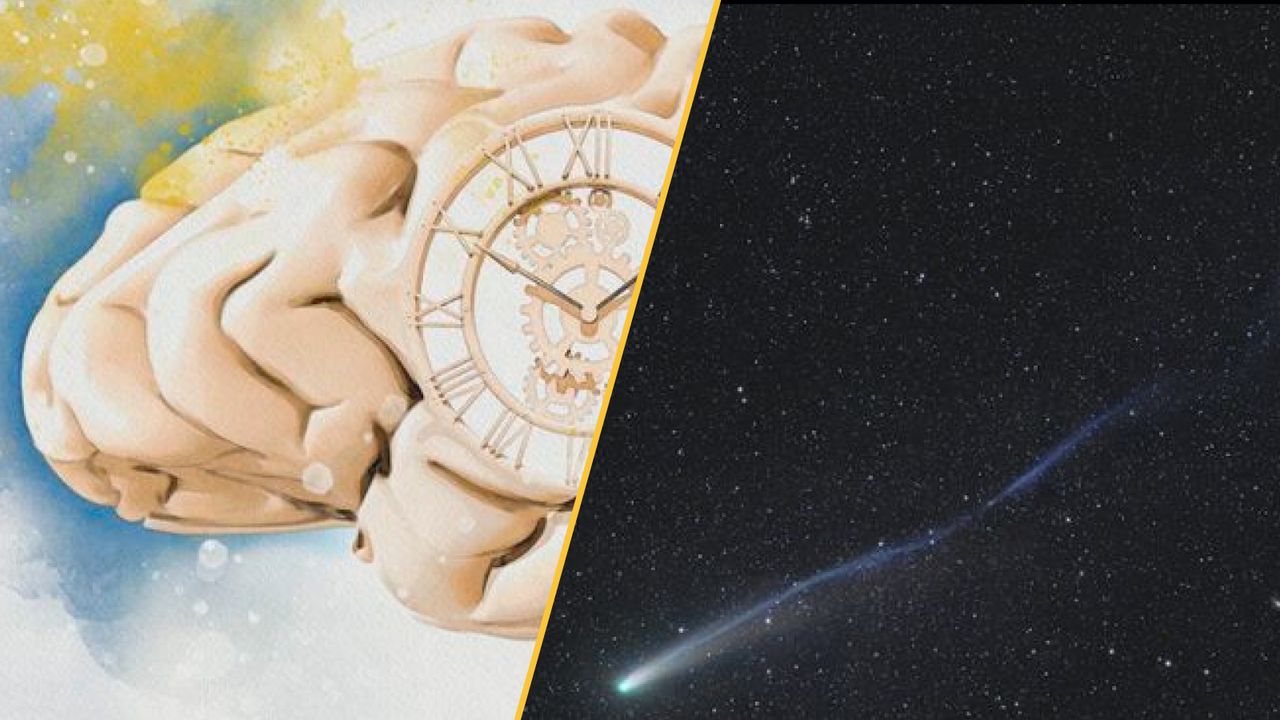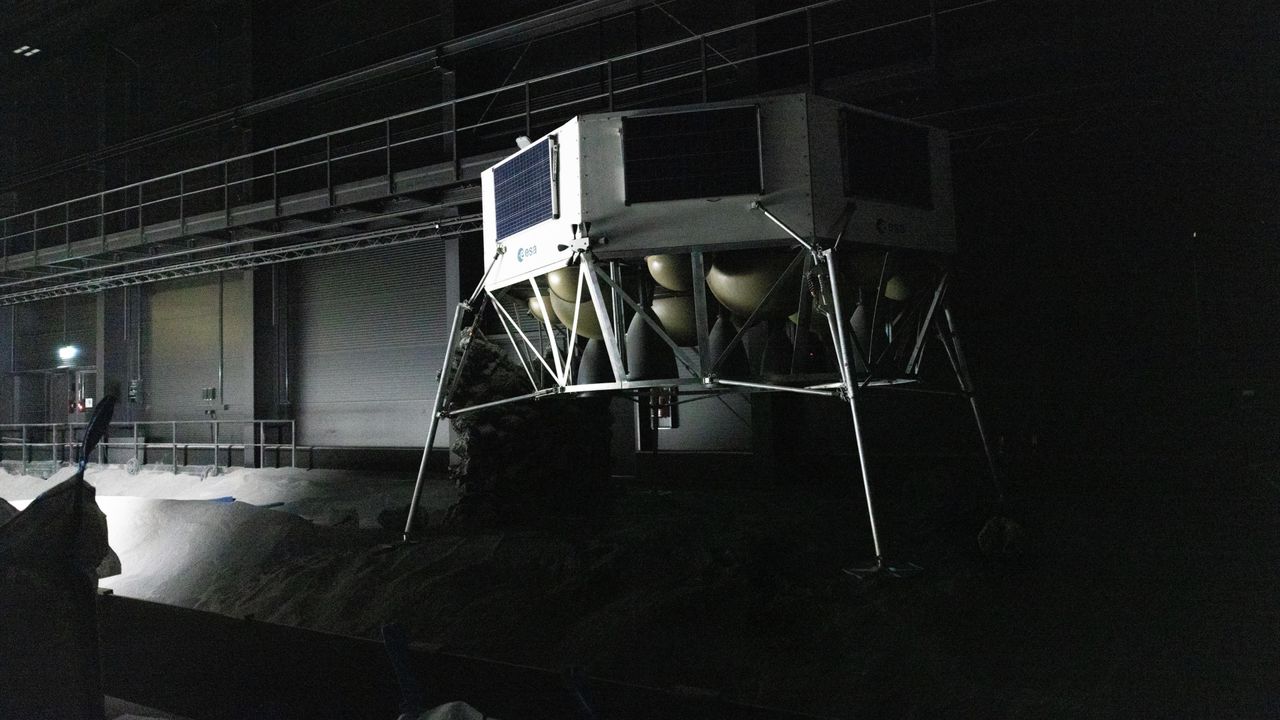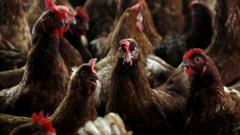New blood test can predict risk of postpartum depression with more than 80% accuracy
PositiveScience

A groundbreaking new blood test has been developed that can predict the risk of postpartum depression with over 80% accuracy. This advancement is significant as it allows healthcare providers to identify women at risk for this common complication of childbirth, enabling earlier interventions and better treatment options. As awareness and understanding of postpartum depression grow, this test could play a crucial role in improving maternal mental health outcomes.
— Curated by the World Pulse Now AI Editorial System










